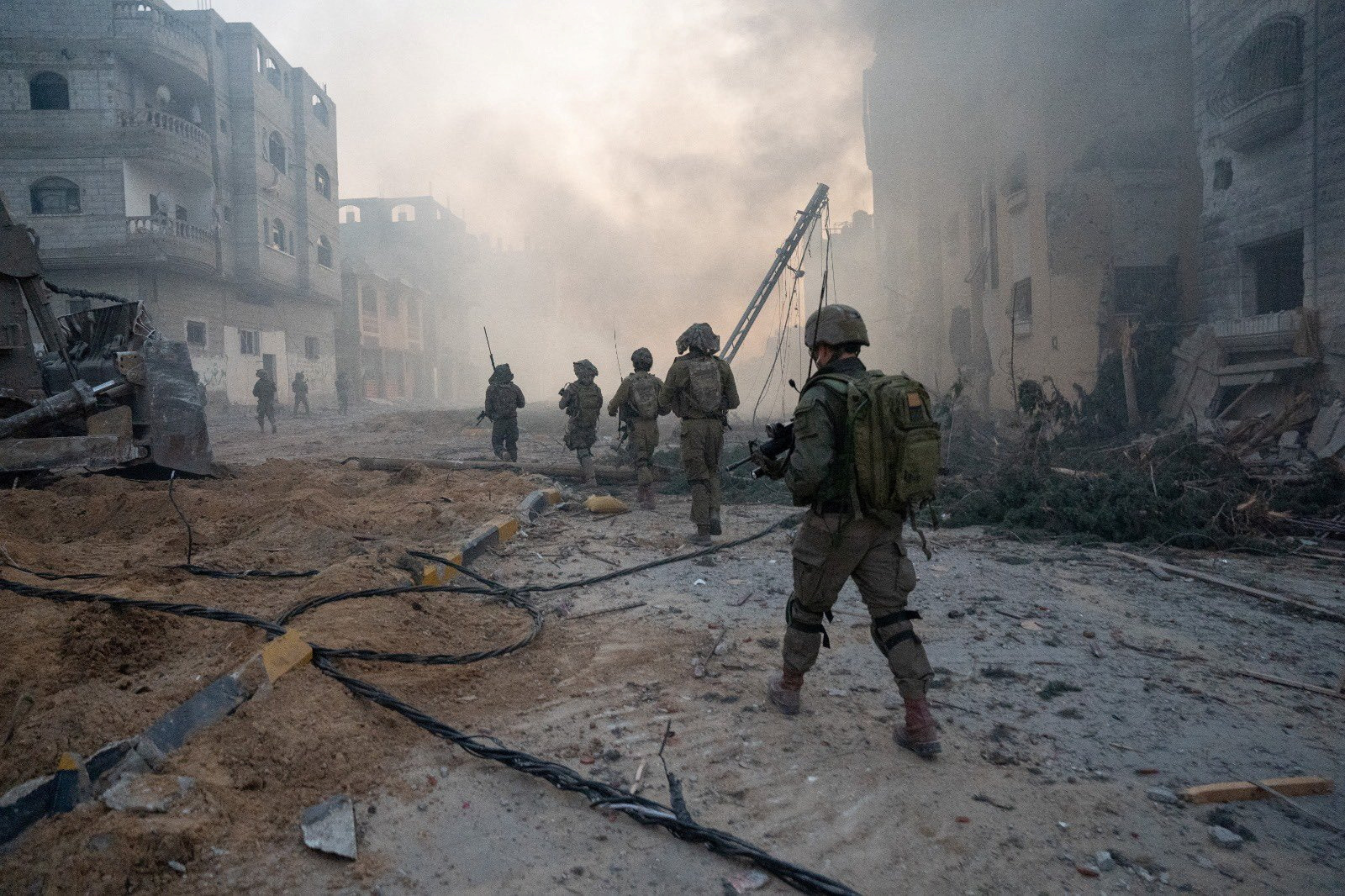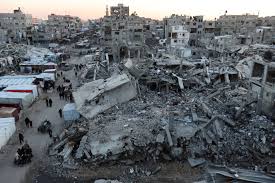Introduction
The Gaza conflict has hit a critical crossroads as Hamas responds to a U.S.-brokered ceasefire deal. While open to releasing 10 living and 18 dead Israeli hostages in exchange for Palestinian prisoners, Hamas demands a permanent truce and full Israeli withdrawal—terms missing from the current plan.
Details of the U.S. Proposal

U.S. envoy Steve Witkoff presented a ceasefire proposal including:
- 60-day pause in fighting
- Release of 28 Israeli hostages in week one
- Another 30 hostages after permanent ceasefire approval
- Release of 1,236 Palestinian prisoners and 180 Palestinian bodies
- Humanitarian aid delivered via UN and other global agencies
Israel accepted the deal; Hamas countered with new demands instead of an outright rejection.
Hamas’ Response and Leadership Struggles
Hamas insists on a permanent ceasefire and full Israeli withdrawal from Gaza. New military commander Izz al-Din al-Haddad (Abu Suhaib) is reportedly central to both hostilities and negotiations, complicating efforts. Deep internal rifts between the group’s leadership in Gaza and its political wing in Qatar have stalled progress Gaza ceasefire.
Gaza’s Deepening Humanitarian Crisis
More than 54,000 Gazans have died since the war began in October 2023, according to Gaza’s health ministry. On June 1, at least 30 Palestinians were killed trying to access food aid at a U.S.-backed Gaza Humanitarian Foundation (GHF) distribution point in Rafah. Witnesses claim Israeli forces opened fire on civilians, though Israel denies responsibility.

The attack has intensified scrutiny of GHF’s coordination, with critics saying the U.S.-backed aid channel may be worsening logistical chaos in the enclave.
Diplomatic Stalemate and Global Pressure
Despite efforts from Egypt, Qatar, and the U.S., key disagreements persist. Hamas’ demand for an “irreversible path to end the war” clashes with Israel’s insistence on the right to resume hostilities. Israeli Prime Minister Netanyahu emphasized that the war ends only if Hamas is disarmed and removed from power Gaza ceasefire.
Israeli Defense Minister Israel Katz declared: “Hamas must choose between accepting the deal or annihilation.” Hamas, in response, questioned why Israeli proposals are treated as negotiation baselines.
Conclusion
The hostage deal marks a rare opportunity to de-escalate the war, but Hamas’ call for permanent peace and Israel’s security demands are clashing violently. With lives on the line and a humanitarian disaster unfolding, global mediators must bridge a growing divide before it’s too late.
Related Article: Previous Ceasefire Agreements in Gaza









